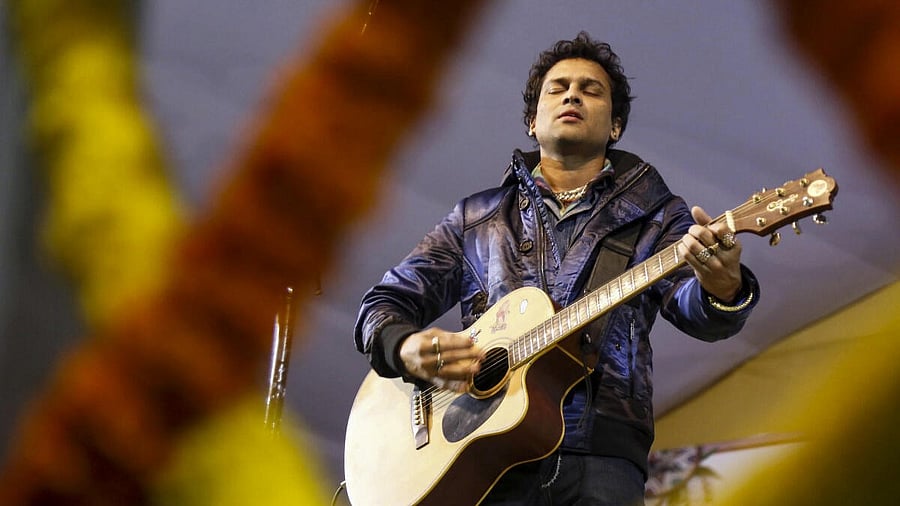
India may remember him for ‘Ya Ali’, but in Assam, he was a composer, lyricist, poet, filmmaker, activist, and a person people could rely on.
Credit PTI Photo
Zubeen Garg was not an ordinary man. He was the heartbeat of Assam. To millions, he was more than a singer and performer — he was family. A state’s beloved son, brother, father, and star — we called him Zubeen da (Brother Zubeen).
India may remember him for ‘Ya Ali’, but in Assam, he was a composer, lyricist, poet, filmmaker, activist, and a person people could rely on. If someone was in trouble, Zubeen da was there to help. Even as life brought him tragedies, he supported those around him.
His music reflected that spirit. Songs like ‘Jontro’, ‘Pakhi Pakhi Ai Mon’, ‘Anamika’, ‘Mayabini’ and many more became part of our collective memory. After his passing, Assam changed. The streets were filled with people. People came from across the state, from towns and villages and from outside Assam. They came to see him, to bid farewell. And ‘Mayabini’ became more than a song — it became an anthem of longing. At his funeral, we sang the song like he had requested — he had once told us to play the song when he died.
Life in Assam paused. Shops closed, streets filled, and communities mourned together. Assamese people rarely act out of fanaticism, but this was different. We had lost our elder brother. For about four days, the streets remained awake with people singing, remembering, and honoring him.
He sang over 38,000 songs in 40 different languages. His dedication to music was extraordinary. He loved nature and animals, and cared deeply for people, and often said: “Mur kunu jaati nai, kunu dhormo nai, kunu bhogoban nai, moi okol manuh,” which translates to, “I belong to no caste, no religion, no god. I am only human.” He lived this truth every day. It guided his music, his activism, his presence.
During the anti-CAA protests, Zubeen da stood at the forefront. When he spoke, we listened; when he sang, we followed. He reminded us that music could be a protest, and artistes could be leaders. His presence gave people courage, his songs became the anthems of the streets, and his words became the collective conscience of Assam.
Despite his fame, he remained approachable. Concerts felt like gatherings among friends — he joked, shared stories, and connected with his audience honestly. His charisma made him the heartthrob of Assam, but it was his honesty, and generosity that made him ours.
Zubeen da is gone, but his voice, his spirit, and his legacy remain. Assam will carry his music, his memory, and the values he embodied.
In his own words from his song ‘Dure Dure’,
Dure dure thakiba kimaan aru
Jolai ekura jui hridoyot,
Nubuja kiyo bujabo nuwara kothabur
Praanor bhaxare kobo xuja.
Dure dure…
His melodies remain with us, in every note we sing, every street that echoes with his songs, and every heart that remembers him.